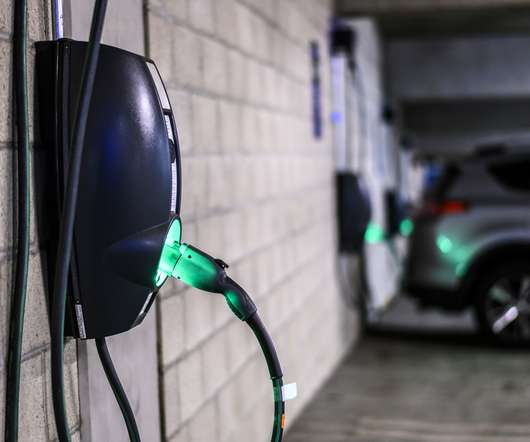PHEVLERs are the Zero CO2 Clean Green Machines of the Future
Green Car Congress
APRIL 22, 2016
That is, PHEVLERs can store electricity whenever sun and wind-generated electricity is plentiful, and then can send stored power back into the smart grid at times when more electric power is needed. PHEVLERs are better than BEVs in support of the electric grid.













Let's personalize your content